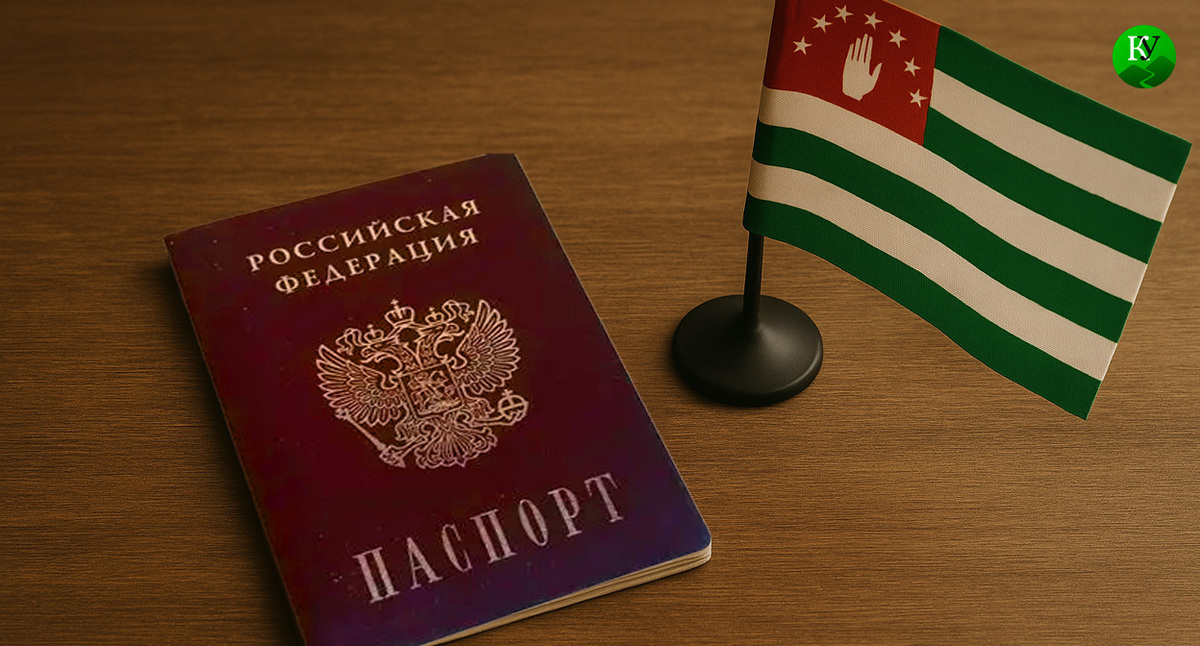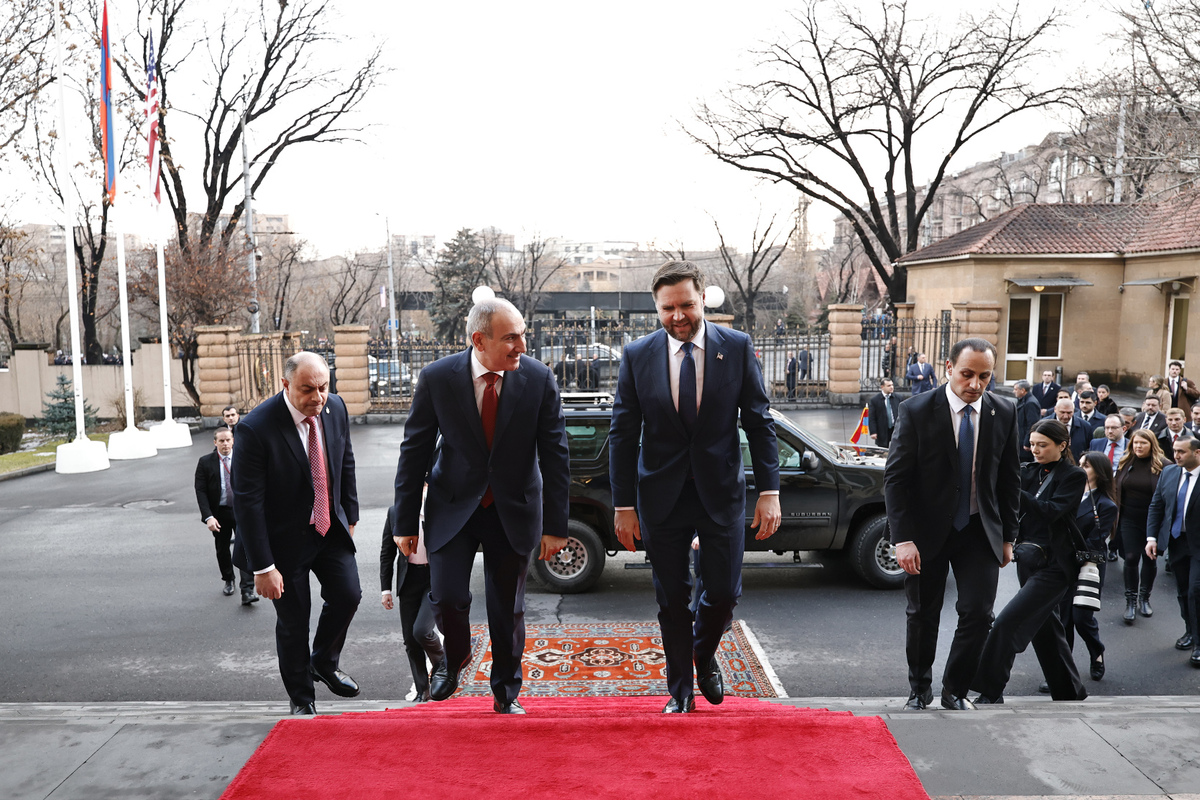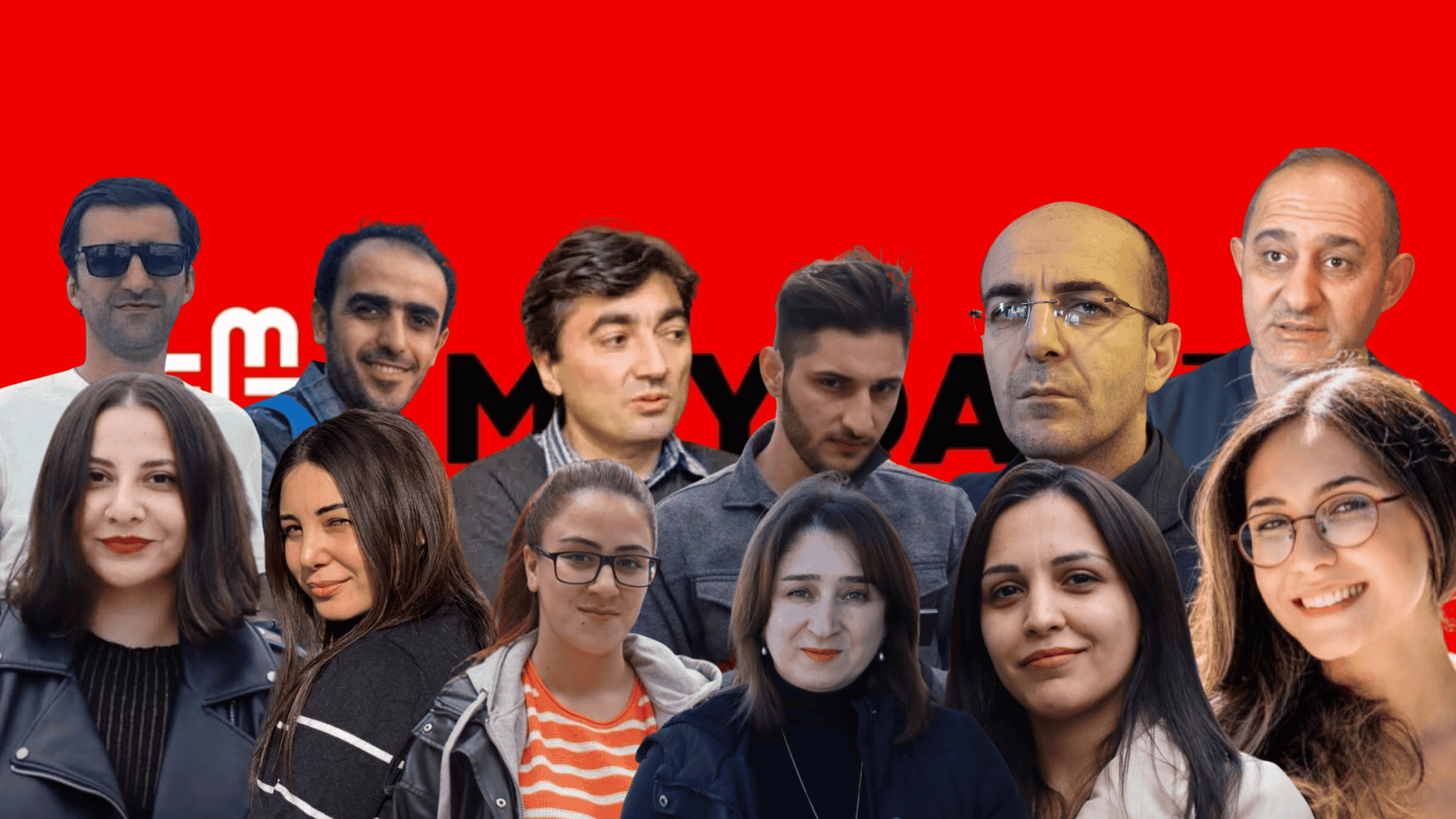Armen Sargsyan, Yerevan
“The war is sleeping, says a 14-year-old King Matt (Maciuś) the First. An eponymous character of a novel by Polish writer and teacher, Janusz Korczak, was a hapless king, who gave up his throne for the sake of establishing rule by the people and passed away very young from overtoil.
“It’s not just about wearing a crown but bringing happiness to your people. And how can I spread happiness among the people? -King Matt

«King Matt the First, book cover, source: wikipedia
Matt fled from his palace at the age of 10 and secretly went to war, waged by the three kings of the neighboring countries. As a sidenote, the war was triggered by a journalist…This is certainly a tale, which was written in 1922, when WWI was just started “sleeping” and the WWII was not yet “awoken.”
Janusz Korczak took care of and taught residents at orphanages all his life. In 1942, he voluntarily followed them to a gas chamber in the Nazi death camp, Treblinka.
When I was King Matt’s age, I read that a guard had tried to stop Korczak at the chamber entrance, but he just tenderly tucked up a child, sleeping in his arms, and stepped towards death or, to put it another way, towards eternity.

Janusz Korczak in a concentration camp, source: wikipedia
In 2004, I travelled to Jerusalem together with my journalist friends, as part of the Yerevan Press-Club program and visited the Holocaust Museum, Yad Vashem. I laid flowers at Janusz Korczak’s memorial in the yard outside the museum. Then I recalled the phrase: “The war is sleeping. We made a study visit on the conflict resolution issues in Jerusalem, that is, we travelled there to understand ‘what disturbs the sleep’ of the Arab-Israeli conflict.

The Holocaust History Museum and Institute, “Korczak and the children memorial; source -wikimedia
“Just imagine that Israel is a big, powerful truck, driving on a narrow path and there is a small oncoming bike, Palestine, Avigdor Lieberman, the Israeli MP, explained to us. “We can collide with this bike and crush it, but we know that it carries 40 kilos of explosives…”
Such a figurative explanation helps to understand that a lullaby in the Middle East is very low in volume, and a war here may be “awoken” from a mere whisper.
In 2007, I was filming a documentary about South Tyrol as part of the Internews Armenia (currently the Media Initiatives Center) project. South Tyrol is a sort of European ‘Nagorno-Karabakh’ which, after the WWI, turned out to be ‘an apple of discord’ between Australia and Italy.
Günther Pallaver, a Tyrolean historian, said: “It’s a sleeping conflict. But rest assured, it will wake up one day and we, as Germans, will call the Italians Fascists, while they will call us the Nazis.
The Minsk Group has been crooning a lullaby for the Karabakh conflict for a couple of decades already, but, as it has recently become clear, not all that successfully. It’s not that easy to convince three singers with different preferences, goals and visions to perform on one stage and moreover, to sing in unison from the same music score.
It should also be taken into account that a thin audience expects the performers to sing the very song that the spectators like most, demanding both its choral and solo performance.
After all, should one be blamed for a far-from successful political lullaby?
When the playmates told little King Matt: “You are the ruler of our country and you can do whatever you wish, he gloomily responded:
“I don’t actually decide anything myself, I am continuously prompted on what to do. And I am urged to do some very tiresome and unnecessary things…
Published: 25.05.2016




















